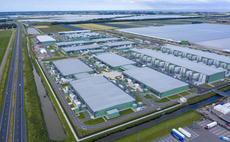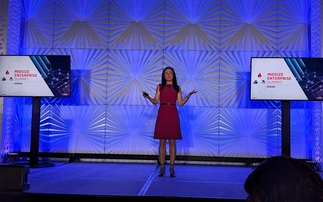Promise to eliminate vinyl plastic and brominated flame retardants by end of 2009 will not be honoured by Dell and HP
Many PCs still contain harmful substances PC makers HP, Lenovo and Dell have abandoned plans to eliminate vinyl plastic (PVC) and brominated flame retardants (BFRs) from their products by the end...
To continue reading this article...
Join Computing
- Unlimited access to real-time news, analysis and opinion from the technology industry
- Receive important and breaking news in our daily newsletter
- Be the first to hear about our events and awards programmes
- Join live member only interviews with IT leaders at the ‘IT Lounge’; your chance to ask your burning tech questions and have them answered
- Access to the Computing Delta hub providing market intelligence and research
- Receive our members-only newsletter with exclusive opinion pieces from senior IT Leaders




















